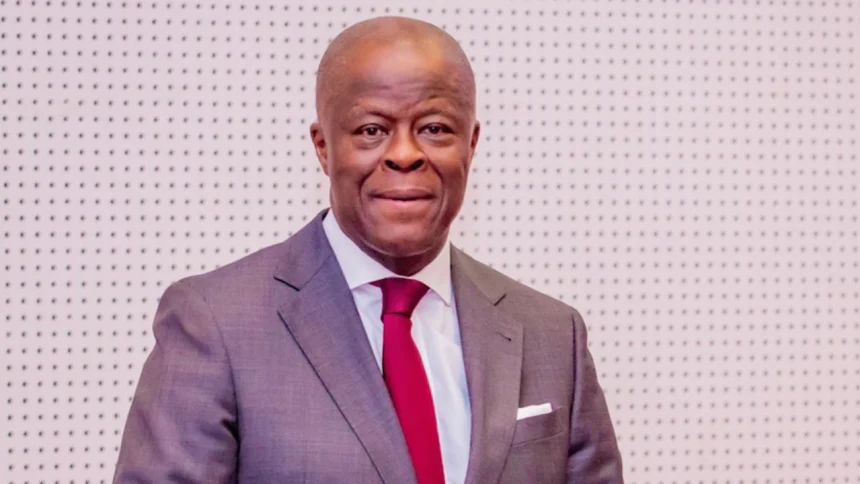Nigeria’s Finance Minister and Coordinating Minister of the Economy, Wale Edun, revealed on AIT’s Moneyline program that the country is currently spending $600 million monthly on fuel imports.
This substantial import bill is exacerbated by the fact that neighboring countries, extending as far as Central Africa, benefit from Nigeria’s fuel imports.
During the interview, Edun explained that the high cost of fuel importation was a key factor behind President Bola Tinubu’s decision to remove the fuel subsidy. This move aimed to address the challenge of not knowing the exact amount of fuel consumed domestically and to curb the extensive fuel importation that also supplies neighboring countries.

Since the removal of the subsidy on May 29, 2023, Nigeria’s petrol import volume has been reduced to an average of one billion liters monthly. Edun emphasized that the removal of the subsidy aimed to correct inequities, as the poorest 40% were receiving only 4% of the subsidy’s benefits.
READ ALSO: Dangote petroleum refinery kickstart production of diesel/aviation fuel
The minister stressed that addressing the fuel import issue is crucial for Nigeria’s economic growth, as the current situation is hindering the nation’s economic progress.
Edun also discussed the N570 billion fund released to state governments, clarifying that this reimbursement was implemented last December and aimed to support food production and availability across the states.
READ ALSO: Dangote Refinery to Supply Petrol to Marketers in May
Regarding the recent increase in the maximum borrowing percentage from five to ten percent in the Ways and Means provision, Edun assured that this measure does not imply increased reliance on Central Bank of Nigeria financing. Instead, it provides a fail-safe mechanism to manage cash flow gaps.
The Finance Minister reiterated the government’s commitment to the welfare of Nigerians, focusing on ensuring food availability and affordability. He assured that while there will be a window for food importation, it will only occur after local supplies have been fully utilized, ensuring that local farmers are not undermined.
Edun highlighted the government’s efforts to stabilize inflation, exchange rates, and interest rates to create a conducive environment for investment and job creation.



